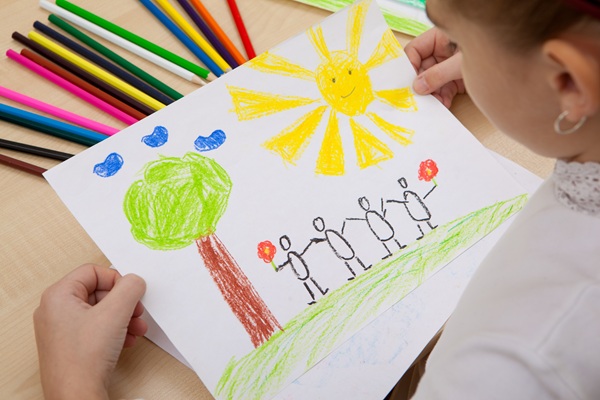Approaches to restorative justice in education

The Erasmus+ projects cited below demonstrate the value of collaboration and practical interventions in schools to resolving conflict in the classroom.
Creative conflict resolution in school environments
Conflict resolution skills are crucial in school communities, especially given the social pressures in modern classrooms. The Cre@t1ve Conflict Resolution and Peer-to-Peer School Mediation project focused on empowering students aged 15–19 to handle bullying and racial conflicts constructively. It trained students in peer mediation skills, aiming to equip them with tools to address issues before they escalate.
The project’s primary output is its mediation toolkit, a resource for conflict resolution techniques and tactics that is accessible both in print and in an eTwinning TwinSpace. The toolkit helps to decrease instances of bullying and improves school climates by enabling students to resolve disputes on their own.
Similarly, the PEACE Education project in France, Türkiye, Portugal and Slovenia aimed to reduce school violence by enabling teachers to integrate peace education into their curricula. Focusing on vocabulary and hands-on conflict resolution exercises, the project ensured that pupils were not only aware of peaceful problem-solving methods, but could practise them in real scenarios. The main results of the project were an Open Online Course and an Educational framework handbook for teachers and other stakeholders.
These projects address the root causes of conflict by teaching students communication, empathy and mediation skills. They demonstrate that by teaching conflict resolution at a young age, schools can lay the foundations for long-term peaceful interactions in diverse environments.
Restorative justice through cultural engagement
The arts and storytelling have long been tools for bridging divides, and some projects utilise the transformative power of cultural engagement to promote empathy and healing.
The Culture and Art for Restorative Justice (CARJ) project used art to connect social services, educational and community organisations in Cyprus, Greece, Spain, Türkiye and the UK. Initially inspired by a UK-based programme, CARJ was especially relevant in the context of COVID-19 which intensified social isolation and division. The project contributed to community healing and better understanding among migrants and local communities by fostering an environment where individuals could express themselves artistically and collaboratively.
Storytelling Against Polarization (STOP) worked with organisations from the Netherlands, Hungary, Italy, Spain and Türkiye to train educators in a storytelling methodology to bridge community divides. The initiative resulted in a tabletop game (accessible in participating countries), which enabled participants to have regulated, safe conversations on delicate subjects while encouraging introspection, engaging in dialogue and reflecting on issues, without a facilitator.
Building inclusive school communities
Inclusivity is more essential than ever in European schools, as classrooms become increasingly multicultural. These projects highlight the importance of inclusivity in educational settings.
The Schools & Solutions project provides an interactive framework that brings together students, parents, teachers and community members to create solutions for school-based challenges. It builds teacher capacity in using restorative practices, based on a whole community approach. It aims to ensure that solutions are comprehensive and sustainable, and address the complex realities of today’s school environments. The project has mapped educational practices and developed a screening tool to create a common resource for problem-solving techniques and community involvement procedures in schools and nationwide.
The FAIR SCHOOL project focused specifically on promoting diversity and tolerance in multicultural schools across Malta, Netherlands, Poland, Portugal, Spain and Türkiye. It integrated restorative practices with social and emotional learning (SEL), and produced multilingual pedagogy and methodology workbooks, enabling participants to understand and implement inclusivity strategies in their own communities.
By providing teachers with the skills to create supportive and welcoming classrooms, these projects use creative conflict resolution to highlight the power of collaboration when addressing challenges. This contributes to stronger, better-connected school communities that celebrate diversity and reduces the potential for conflict.
Additional information
-
Education type:School Education
-
Evidence:N/A
-
Funding source:European Commission
-
Intervention level:N/A
-
Intervention intensity:N/A
-
Participating countries:CyprusFranceGreeceHungaryItalyLatviaMaltaNetherlandsPolandPortugalRomaniaSloveniaSpainTürkiyeUnited Kingdom
-
Target audience:TeacherStudent TeacherHead Teacher / PrincipalPedagogical AdviserSchool PsychologistTeacher EducatorResearcher
-
Target audience ISCED:Primary education (ISCED 1)Lower secondary education (ISCED 2)
